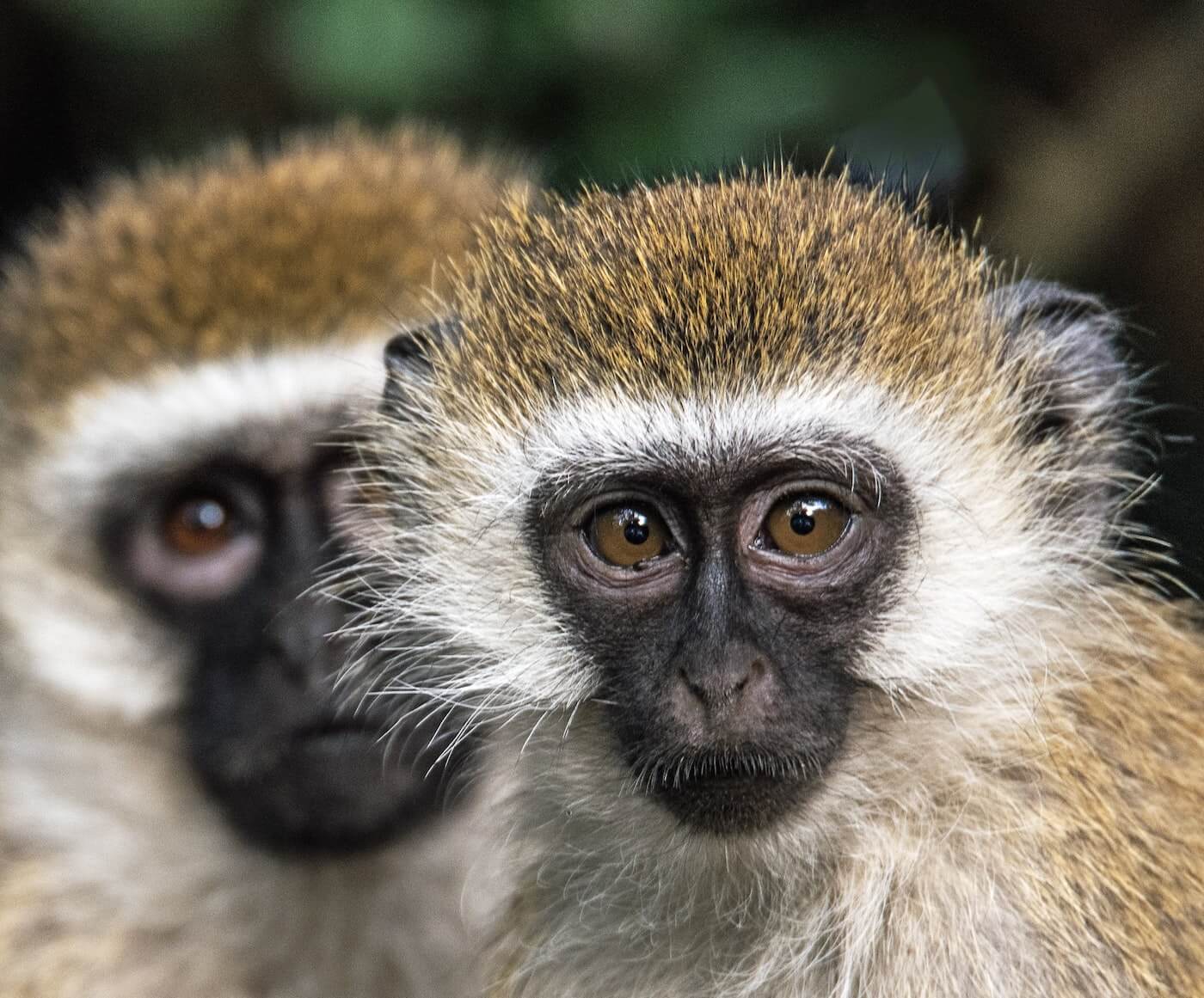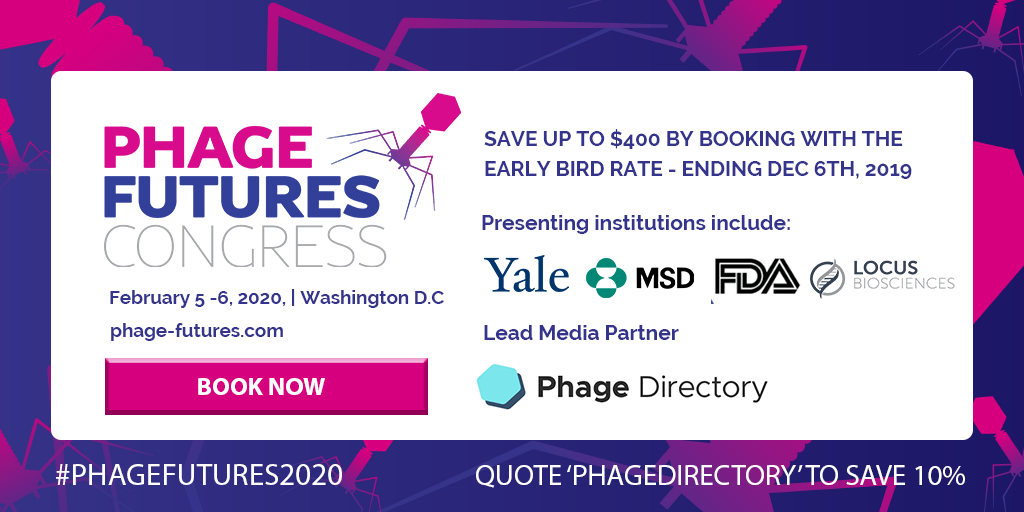The escalating antimicrobial resistance (AMR) pandemic is a global public health threat with extensive health, economic and societal implications. Resistance emerges because of selection pressure from rational and indiscriminate antimicrobial use in human health as well as in the veterinary, agriculture and environmental sectors. Infections caused by resistant bacteria result in a longer duration of illness, higher mortality rates and increased costs associated with alternative treatment.
Missing phage expertise in Africa
Phage therapy is the therapeutic use of phages to treat pathogenic bacterial infections. It has many potential applications in human medicine as well as dentistry, veterinary science, and agriculture. Whereas this is a promising therapy, most experts are in Europe and America. We are thankful for the efforts of Dr. Elizabeth Kutter (USA), Dr. Tobi Nagel (USA), Dr. Ben Chan (USA), Dr. Martha Clokie (UK) and Dr. Janet Nale (UK), who have dedicated their energy to providing phage training in Africa.
Bringing phage training to Africa: the first East African phage workshop
A spark was lit during the 1st East African phage training workshop (which was run in 2017 at Makerere University, Uganda by Phages for Global Health). Since then, phage training has been going on at the Institute of Primate Research (IPR) in Nairobi, Kenya.
Prior to this training, there was phage activity at IPR started by one of our passionate master’s students, Joseph Michael Ochieng, when he was doing his research project on phages under the mentorship of both Dr. Atunga Nyachieo and Dr. Ngalla Jillani. It was during this time that he met Dr. Elizabeth Kutter, through a submitted manuscript, who later visited Kenya in 2016. She was very much amazed by Joseph’s research into isolating phages. Dr. Kutter recommended that we attend the Phages for Global Health training at Makerere University, Uganda, run by Dr. Tobi Nagel, which we did in 2017. This opened our eyes, and on return to IPR, a phage hunting group and a phage club were born, and many more were trained.
Phage training begins at the Institute of Primate Research
After meeting with Dr. Kutter, phage training was born at IPR. Dr. Kutter was impressed by Joseph’s work, and promised to send some funds to build capacity at the institution. Joseph started by training three students, which kept growing and blooming with time. Three students turned into over 70 trained students. Dr. Kutter then informed Joseph of a chance to go for his Ph.D. studies in Finland. Meanwhile, the phage training at IPR still went on, and Ms. Ivy Mutai, an intern from the primate center, took the position held by Joseph.
The Primate Center phage club is born
During this period, the 2nd East Africa phage training workshop took place in Kilifi (Pwani University, Kenya, 2018) and two more of our students, including Ivy Mutai, got the chance to be selected for intensive phage training. The training made a large impact on the selected participants, and they came back home full of ideas, ready to share them with their fellow interns at the institution. It was at this very moment that the Primate Center phage club was established. The main objectives of the club are to create more awareness of phage therapy through weekly paper presentations, gap identification, phage isolation procedures, to share more knowledge on phages, and to give a weekly report on the previous week of bench work.
The growing impact of phage training at the Primate Center: 70 students trained and counting
We can attest that the phage club has yielded many fruits in terms of training. Everyone at the primate center flocks on Tuesdays for the club. This has also eased the bench work training, since students are improving their knowledge through the club sessions. We now have 65 registered members in the club, and over 70 trained students from a small initial number of three. This has also increased the number of internship applications to our institution, since the previously-trained students recommend others from their universities to join our phage training program.
With the good work that the lead trainers (Ivy Mutai and Dennis Kotti) are doing, Dr. Kutter has been so impressed, and visited Kenya once again in December 2018. She came to witness the good work that was started by Joseph and which has succeeded well. With no doubts, she was once again impressed, and made a presentation at our institution before proceeding to other universities for talks on phages. She also awarded certificates to our trained students and phage club members. With her visit, we felt humbled and mentored, and inspired to do more. We thank her for always supporting us.
Spreading the knowledge by training students from other universities
The criteria for selecting students to train include having a biological/life science background, and coming from a variety of different universities, as this impacts the passing of knowledge to various academic institutions. Many learning institutions have created a memorandum of understanding with our center, and this has made our small phage lab always flocked to by students. Many of these students go back to their schools having done research projects on phages, and some are awaiting publications. In addition, we also have master’s students in the program who are doing their research projects on the isolation of phages from various sources. We have seen huge impacts and progress from this training.
Next steps: increasing training capacities through a ‘phage week’
We are also planning to have a ‘phage week’ at the primate center once we get some funds to procure some consumables. From May-September, there is normally a huge number of students, and it is close to impossible to train all of them within the short time available. Through a ‘phage week’, Ivy Mutai and Dennis Kotti, alongside other trained students, will train over 40 students in a week through intensive bench work. We believe with this capacity-building program, a lot will be accomplished, and this will all be of a huge impact towards the use of phages against antimicrobial resistance.
Acknowledgments
We wish to thank the Director of our institution, Dr. Hastings Ozwara, for always supporting us and allowing us to do this training program and research at the primate center. To the trainers as well (Dr. Atunga Nyachieo, Dr. Ngalla Jillani, Mr. Joseph Ochieng, Ms. Ivy Mutai and Mr. Dennis Kotti), without you, this could have never progressed. We are glad you always give your best.







